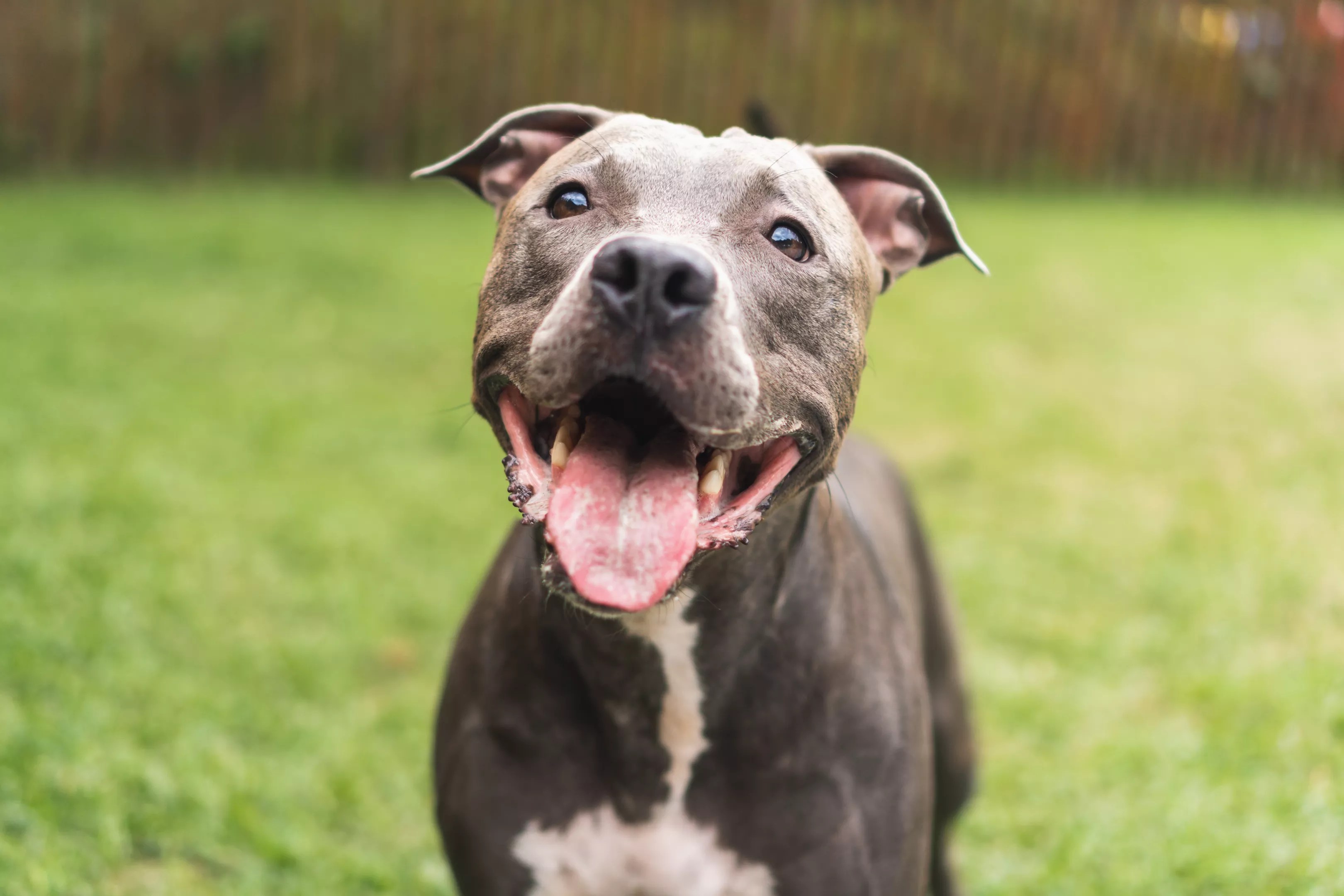
Adobe Stock

Audio By Carbonatix
Between grooming, preventative care, food and medication, the average pet owner now spends at least $512 annually for a dog and $634 for a cat, the American Society for the Prevention of Cruelty to Animals estimates.
For many seniors – a demographic that is growing faster in the United States than any other age group and has become increasingly cost burdened in the years since the pandemic – those annual costs can be impossible to afford, even as owning a pet is shown to have an overwhelmingly positive impact on the mental health of older generations. This is why the Texas Veterinary Medical Foundation launched the Lending Economic Assistance to Pets (LEAP) program, which provides free medical care to pets of economically disadvantaged or homebound Texans.
The program is run in partnership with Meals on Wheels, whose volunteers assist with transporting pets in need of care to a veterinary clinic. According to Meals on Wheels, half of the seniors served by the organization have reported being unable to access preventative or emergency care for their animals, with cost of care and a lack of transportation being the more common barriers.
“These folks that can’t go out to the grocery store also can’t get to the veterinary clinic. And they have these pets that are sort of their lifeline,” Dr. Geoff Bratton, a Dallas native and veterinarian who has worked with the LEAP program for 15 years, told the Observer. “Some of these folks are alone and homebound and don’t have a lot of companionship, so these pets are just vital to them.”
According to the National Institute of Health, pet ownership in older generations has been shown to increase companionship and socialization, reduce loneliness and provide a sense of purpose. While some pets come into LEAP program partner clinics suffering from weight gain, fleas or tooth decay, Dr. Jennifer Lavender, a LEAP provider for a decade, said problems usually come from a fundamental “lack of understanding and basic knowledge of what their pet needs.”
“I don’t think anyone had ever really taken the time to explain those things to them,” Lavender said. “Regardless of what people have historically been able to provide for their pets in terms of resources or medical care, the one thing that they have not spared those pets is love. And these pets are so adored and so loved.”
Lavender grew up in East Dallas and, after returning home after veterinary school, stepped in as a founding surgeon for a spay-neuter clinic that focused on outreach to pet owners in need. There, she saw firsthand the need for accessible medical care for pets and how her name came up as a provider that might be willing to join the program.
There was one statistic in particular, she said, that cemented her interest in the program. More than 20% of Meals on Wheels recipients have reported going without food at least once in order to feed their pets, the organization has found.
“That was really impactful. It’s just something that I think that most people would never ever be aware of,” Lavender said. “It was just a no-brainer to me [to join the program]. The need is undeniable, absolutely undeniable.”
A volunteer delivers pets cared for through the LEAP program to Lavender and Bratton’s clinics, and the Texas Veterinary Medical Foundation financially covers their medical care. While a majority of LEAP’s work is preventative care in the form of annual checkups, the program can also provide emergency care and surgery to pets in need.
The Texas Veterinary Medical Foundation is one of nearly 300 organizations participating in the Community Foundation of Texas’ annual North Texas Gives to Animals fundraiser, which runs through May 31. The CFT will match up to $100,000 in donations.
“Everybody wants Dallas to be better. Dallas has a lot of problems, but if we can help each other, let’s do it,” Bratton said. “It’s more than taking care of the pet, you’re taking care of the people that have the pet. Because again, these folks may not have much else in their life. … You’re not only keeping the pet healthy, but you’re keeping the person healthy.”